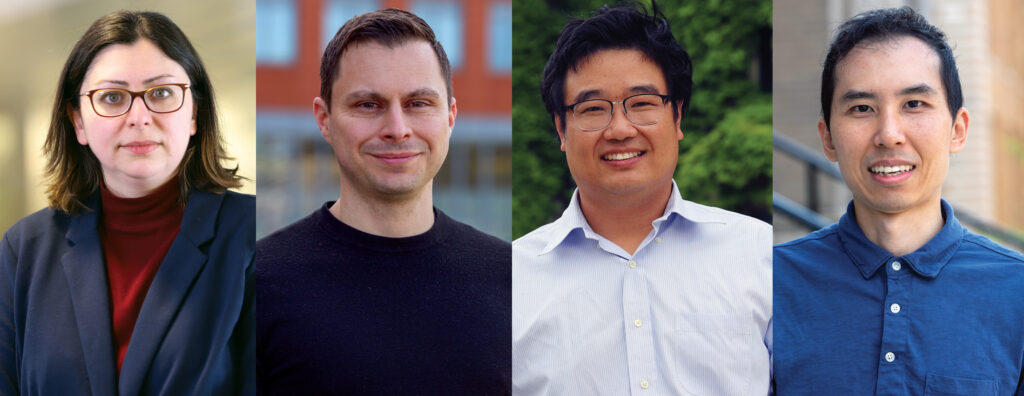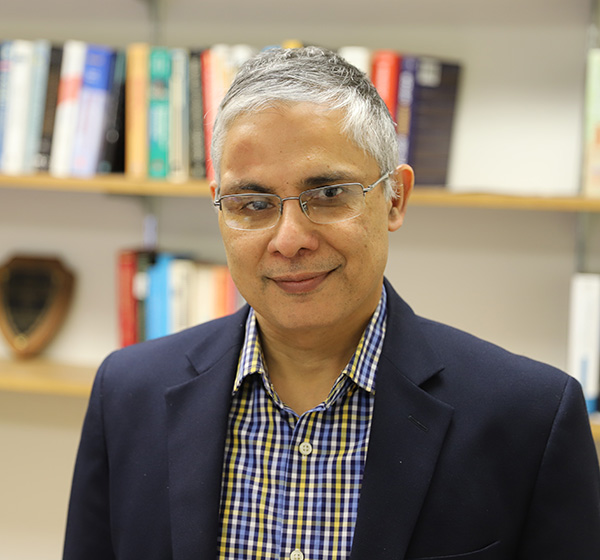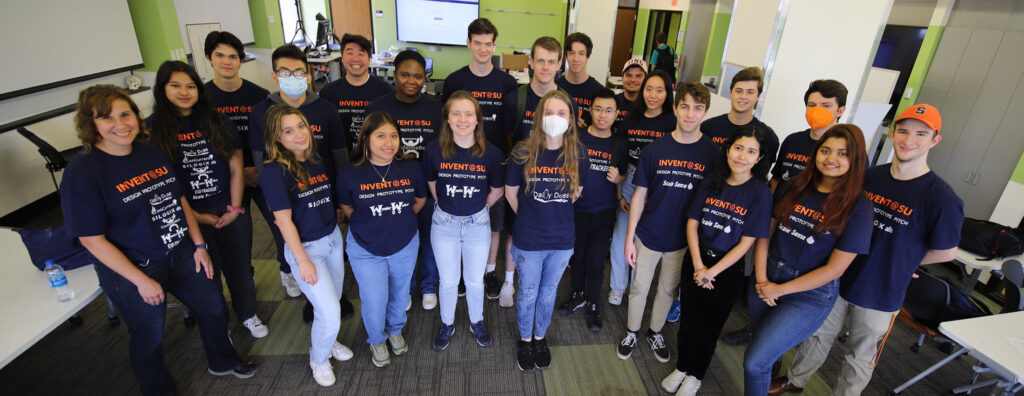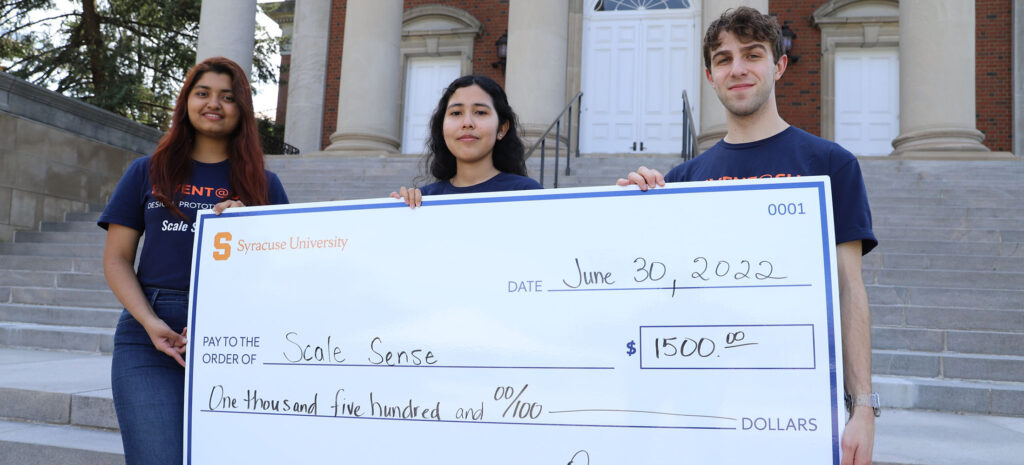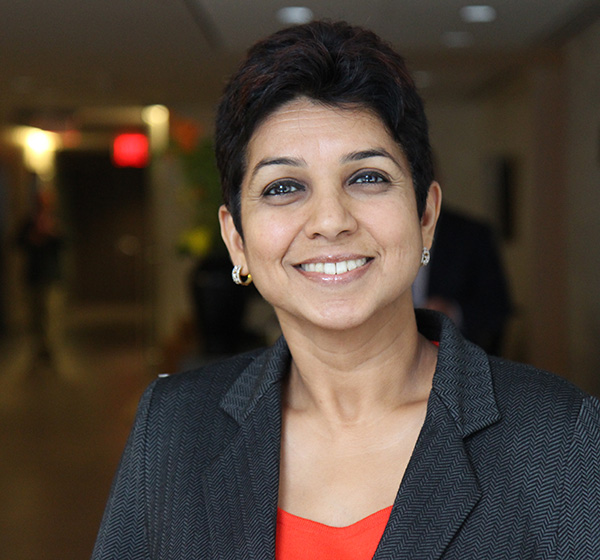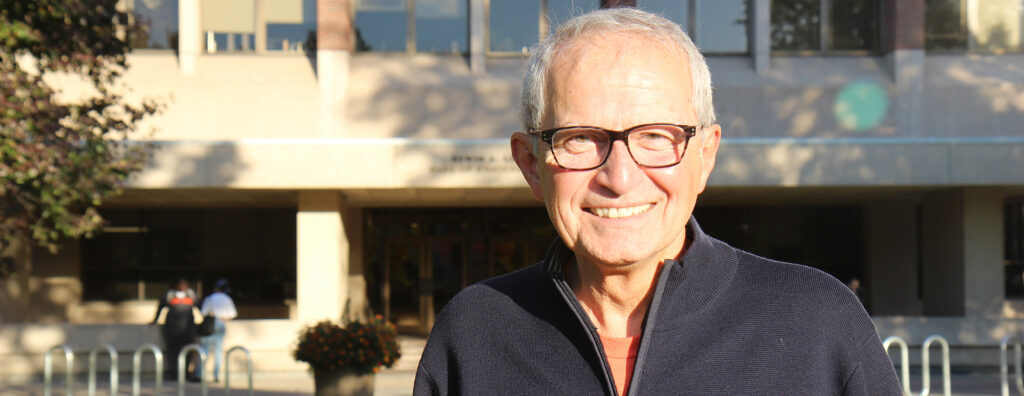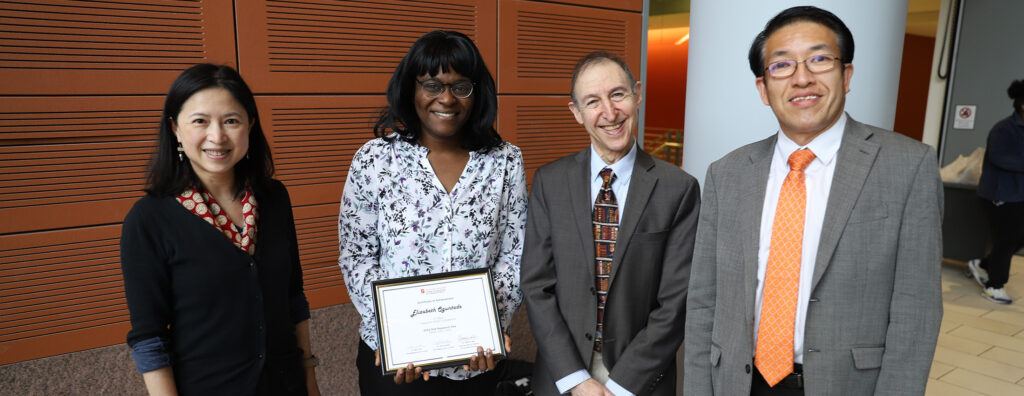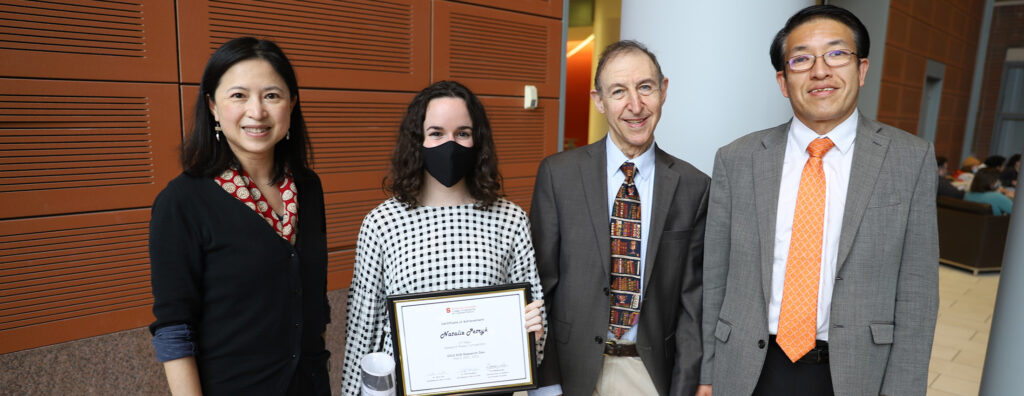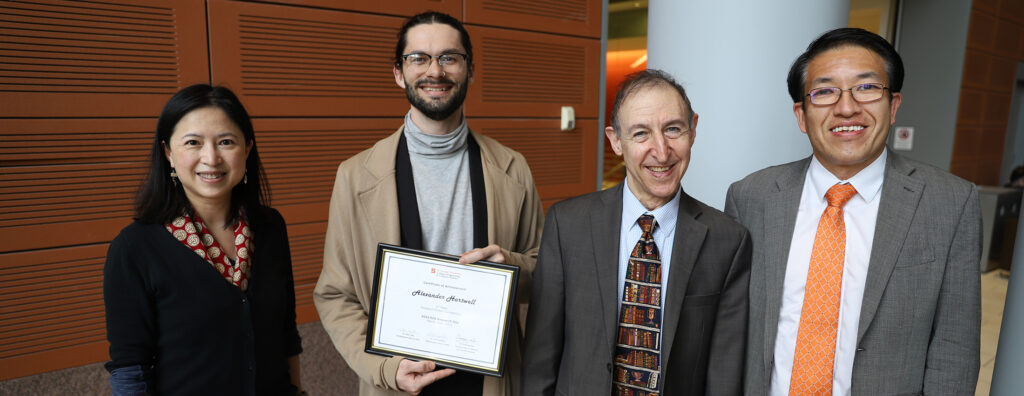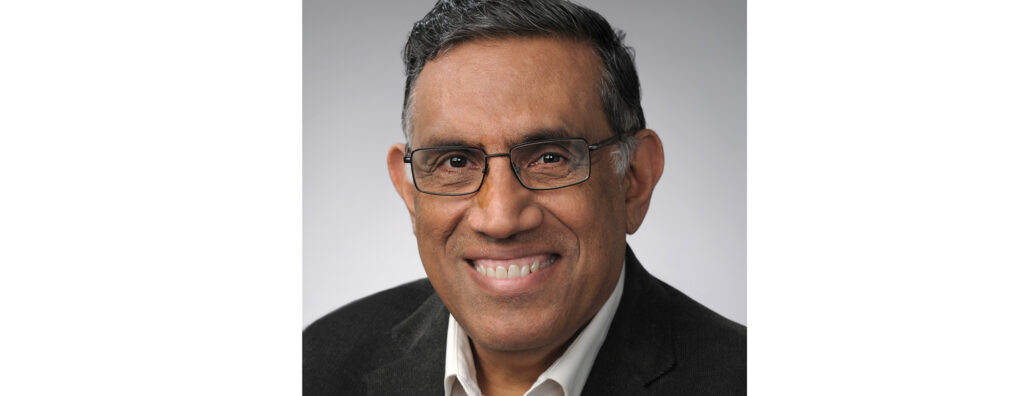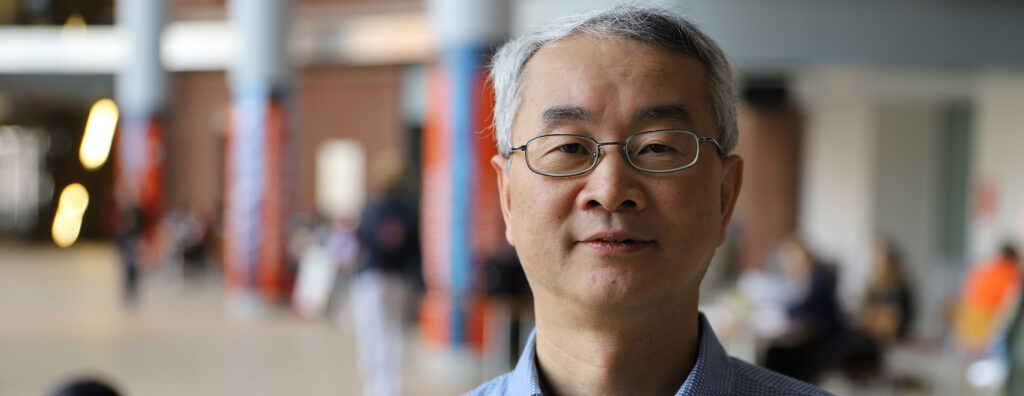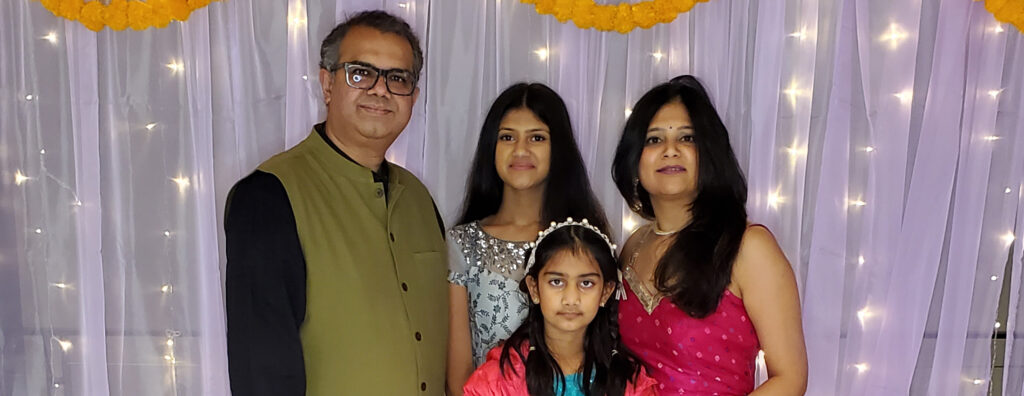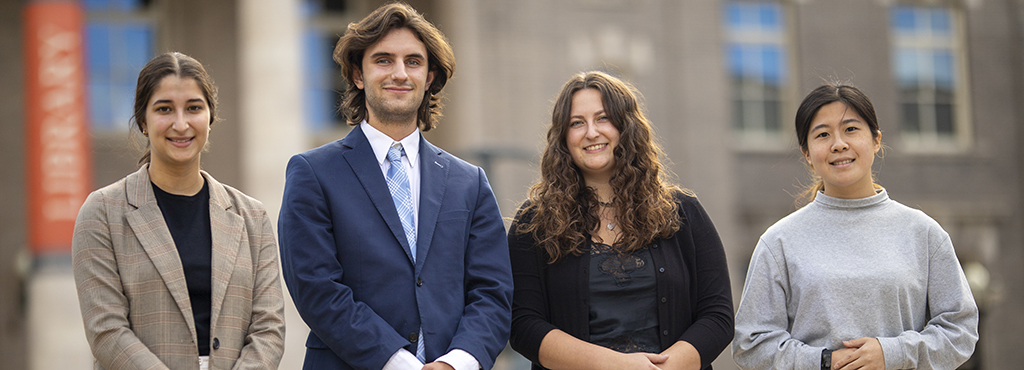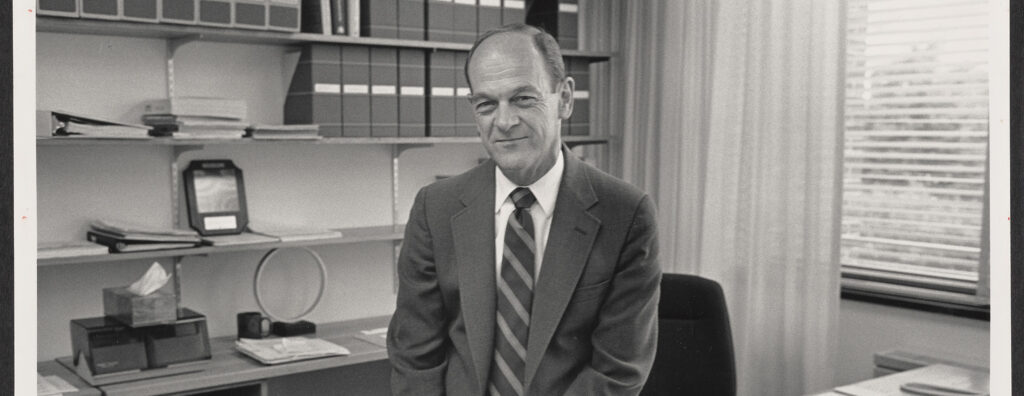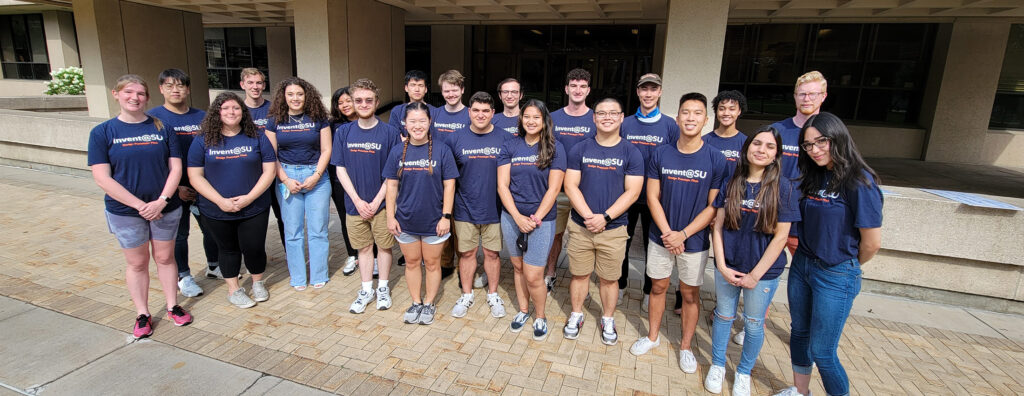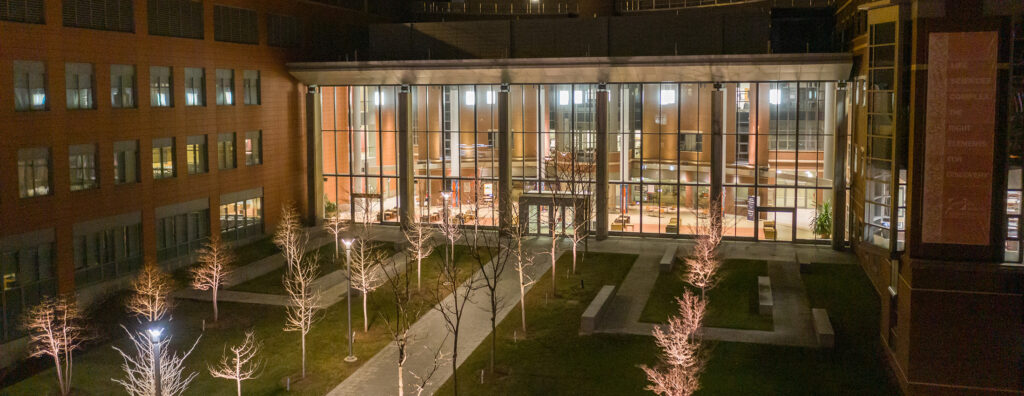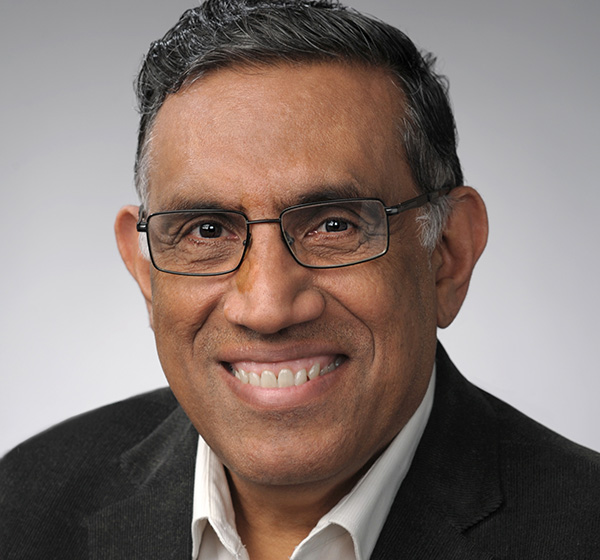
In a historic announcement for the Syracuse area, Micron Technology has committed an investment of up to $100 billion to build the largest semiconductor fabrication facility in the United States in Clay, NY.
The facility will create up to 9,000 jobs at four semiconductor fabrication plants on a 1,300 acre site just north of Syracuse and support up to 40,000 additional jobs in local supply chain and construction industries.
“It is hard to dream up an event that is more impactful for the Syracuse area, Syracuse University and the College of Engineering and Computer Science. To say that this investment will transform the region is a dramatic understatement,” said College of Engineering and Computer Science Dean J. Cole Smith.
“The electrical engineering and computer science department’s historical strength in chip design will lead to cutting edge research and educational collaborations between Syracuse University and Micron,” said Edelstein Professor for Broadening Participation and electrical engineering and computer science department chair Jae C. Oh. “We see incredible potential on research involving telecommunications, supercomputing, cloud storage systems, neuromorphic computing, microwave photonics, and quantum microwave communication and sensing.”
The site could eventually include four 600,000 square foot cleanrooms – the size of approximately 40 football fields. Site preparation work will start in 2023 with construction beginning in 2024.
“A semiconductor chip is the brain of almost everything that we use in everyday life, from washers and dryers to cars and cellphones. To fabricate a chip, we use photolithographic technology to ‘print’ circuits onto silicon wafers. The ‘printing’ has very high resolution, such that the size of an object (e.g., a transistor or a piece of wire) on the chip is only 1/10,000 of a hair and a typical chip may have billions of transistors,” said electrical engineering and computer science professor Qinru Qiu. “The semiconductor manufacturing process needs to be carried out in an extremely clean environment with no dust, and it takes many complicated steps.”
As part of the project, Syracuse University will partner with Micron on research, education, and workforce development needs that stem from this investment.
“Micron will need engineering and computer science talent, especially in the fields electrical and computer engineering, mechanical engineering, and chemical engineering,” says Smith. “But the opportunities will extend to every area of this College, and to many other programs outside the College at Syracuse University.”
“We are prepared to play an essential role in educating electrical and computer engineers capable of making an impact in the chip design and fabrication industry. Micron’s commitment to research and development provides an exciting new opportunity for our students at all levels,” said electrical engineering and computer engineering undergraduate program director Jennifer Graham.
The facility will make dynamic random-access memory (DRAM) chips as part of Micron’s plan to significantly increase DRAM production.
“DRAM is such a central component in modern computing, so much so that it is called ‘main’ memory. When we think of computers, we first associate them with the verb compute, but compute is meaningless if the computed values are not stored in memory,” said electrical engineering and computer science professor Bryan Kim. “DRAM is that very component that stores the program’s data. Today’s data-intensive applications such as artificial intelligence and machine learning consume a tremendous amount of data and produce large models to capture hidden details in the data, all of which are stored in DRAM. Advances in DRAM technology will continue to enable next-generation computing systems and applications.”
Micron plans to use 100% renewable energy at the new facility and to use green infrastructure and sustainable building attributes for the construction of the New York fab to attain Leadership in Energy and Environmental Design (LEED) Gold status. Micron is also aiming to achieve a 42% reduction in greenhouse gas emissions from operations by 2030 and net-zero emissions by 2050.


